19 November 2025
Georgina Wheller, a research officer in Dr Tom Mules’ Lab at the Malaghan Institute, is contributing to vital research tackling one of the world’s most urgent health challenges: antimicrobial resistance.

“Antimicrobial resistance isn’t just a distant problem – it’s here in Aotearoa,” says Georgina.
Her research focuses on Helicobacter pylori, a stomach cancer causing bacteria that is becoming increasingly resistant to antibiotics. H. pylori is a master shapeshifter. In its ideal environment – the stomach – it’s a spiral-shaped bacterium. But when exposed to stressors such as antibiotics, it can morph into other forms, a survival tactic that helps it evade antibiotics.
This allows H. pylori to hide in the stomach, quietly causing inflammation and increasing the risk of mutations. This slow, invisible attack can eventually lead to stomach cancer. The growing resistance of H. pylori to antibiotics poses a significant challenge to both treatment and prevention.
“Around the world, antibiotic resistance rates are climbing and so are stomach cancer rates,” explains Georgina. “One of the main drivers of antibiotic resistance is the overuse of antibiotics. When patients are given treatments that don’t fully clear the infection, H. pylori can adapt and become harder to kill.”
Here in New Zealand, every patient is treated for H. pylori infection with a combination of three antibiotics, known as triple therapy. However, these treatments are proving to be less successful as H. pylori become resistant to the antibiotics we rely on.
“Currently in New Zealand, we still don’t know how widespread antibiotic-resistant H. pylori really is,” explains Georgina. “Despite decades of antibiotic use, New Zealand has never had a national picture of antibiotic-resistant H. pylori. Without that data, doctors are often treating blind and resistance continues to spread unchecked.”
In collaboration with the University of Otago, Georgina’s research aims to build the first nationwide database of the prevalence of antibiotic-resistant H. pylori strains in New Zealand. This information would allow a tailored approach to treatment where clinicians are only prescribing antibiotics that will be effective in clearing the infection. This approach is a strong example of antimicrobial stewardship, promoting the responsible use of antibiotics to preserve their effectiveness for the future.
“Understanding the distribution of antibiotic-resistant H. pylori in New Zealand is critical for creating effective, evidence-based strategies to combat it,” says Georgina. “If we find that these resistant strains are more common in certain communities, such as Māori and Pacific Peoples, we can take more proactive steps to address the issue.”
Health equity sits at the heart of Georgina’s research. Māori and Pacific Peoples are disproportionately affected by stomach cancer, facing four times higher risk of death. This disparity underscores the need for targeted interventions and early detection tools that are accessible to everyone.
“We’re not just developing treatments or tests; we’re thinking about how to make them accessible and equitable,” she says.
It’s this blend of curiosity and compassion that has guided Georgina’s journey in science from the very beginning. Born in Saudi Arabia, Georgina spent her early years moving around the world until her family decided to settle in Palmerston North. From a young age, Georgina was fascinated by the microscopic world.
“I was always drawn to anything to do with microbes and little critters,” she recalls.
Her love for science deepened during her studies at Te Herenga Waka – Victoria University of Wellington, where she became captivated by genetics.
“I thought it was so cool to use software to explore how genes interact. That’s when I knew I really wanted to do something molecular-based.”
She was drawn to the Malaghan Institute because of its focus on immunology and disease prevention.
“There aren’t many places in New Zealand that bring immunology and novel research together in the way the Malaghan does. I’m very grateful, that of all the places to work, I’m at the Malaghan.”
While major breakthroughs often make the headlines, Georgina values celebrating the small wins that happen every day.
“It takes a million days to get one success, but each of those million days has a lesson. Science is about being resilient, not just smart. Sometimes you just have to have a little boogie while the centrifuge is running.”
Georgina’s research is a timely reminder that understanding local impact is crucial in the global fight against antibiotic resistance.
“We can’t afford to wait. By mapping the spread of resistant H. pylori and developing better tools to fight it, we can make a tangible difference in reducing the burden of stomach cancer in New Zealand, particularly in our most vulnerable communities.”
Related articles
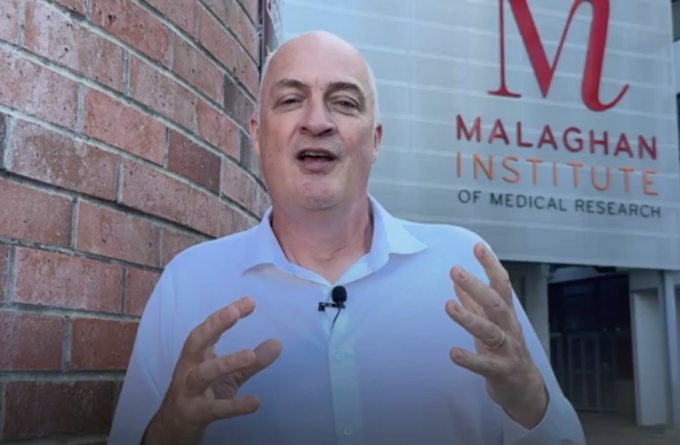
CAR T-cell therapy: 5-part video series
25 February 2026
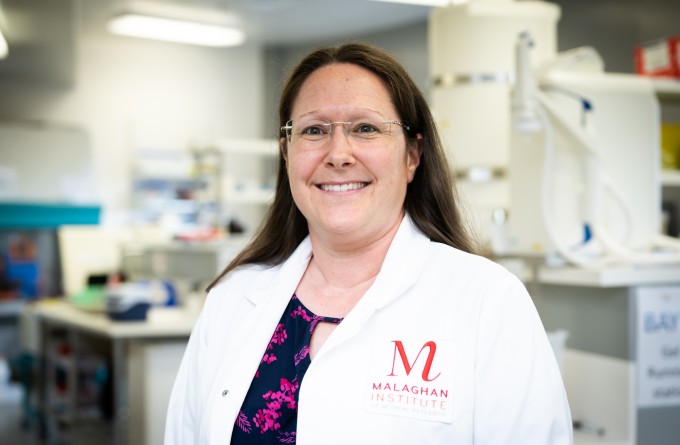
Momentum is everything: advancing CAR T-cell research for future trials and treatments
25 February 2026
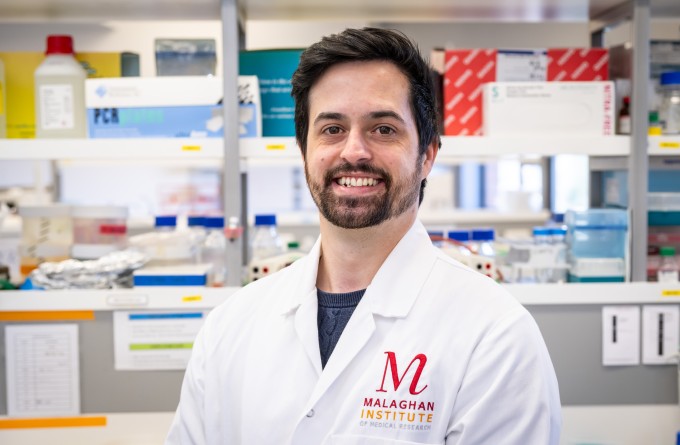
How a quirk of the immune system may play a big role in protecting us from disease
18 December 2025
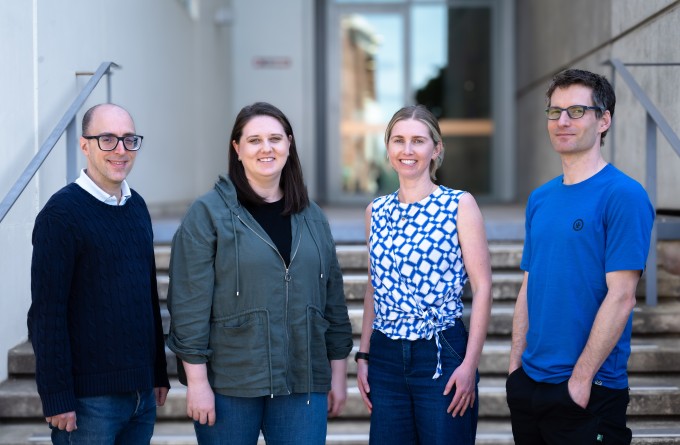
Marsden funding to drive discovery and innovation in cancer, allergy and infectious disease research
5 November 2025
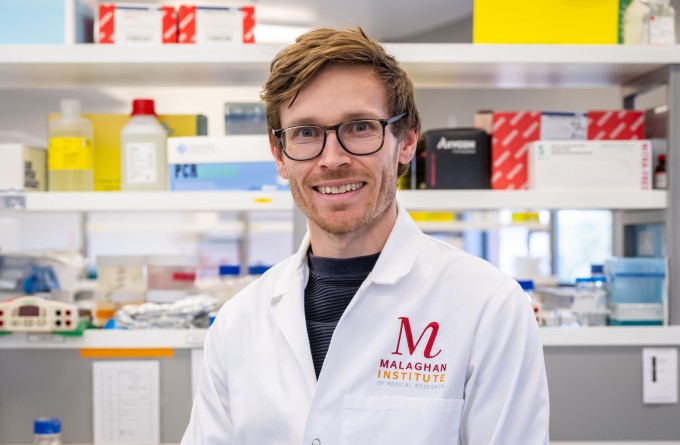
Eradicating H. Pylori bacterial infection to reduce stomach cancer
30 October 2025
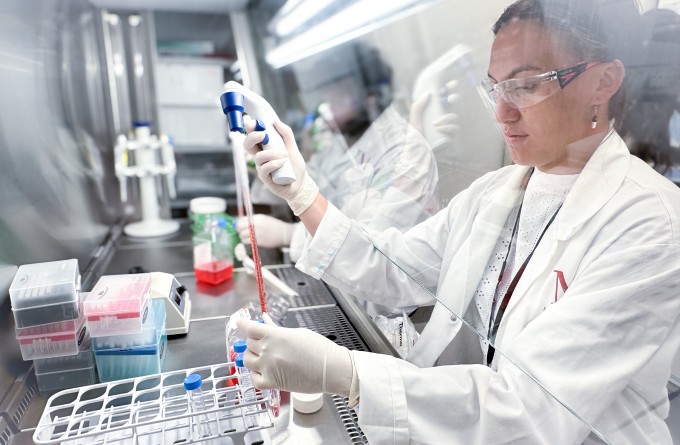
Developing next generation CAR T-cell therapies for more equitable cancer care
30 October 2025
